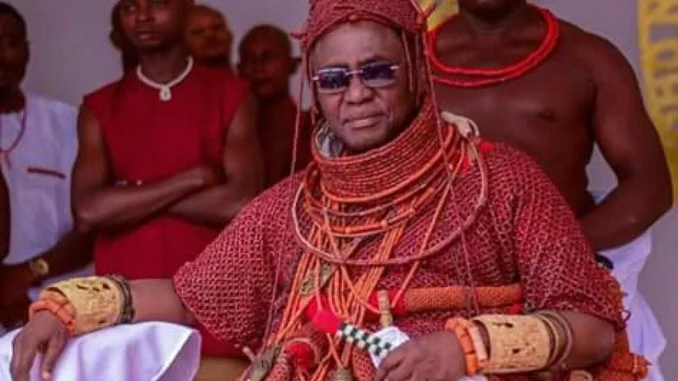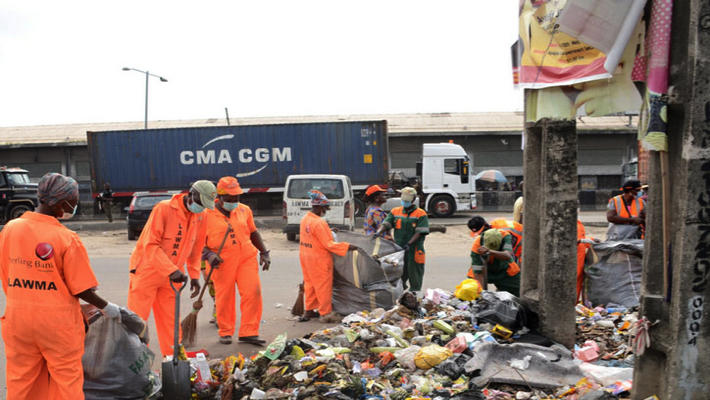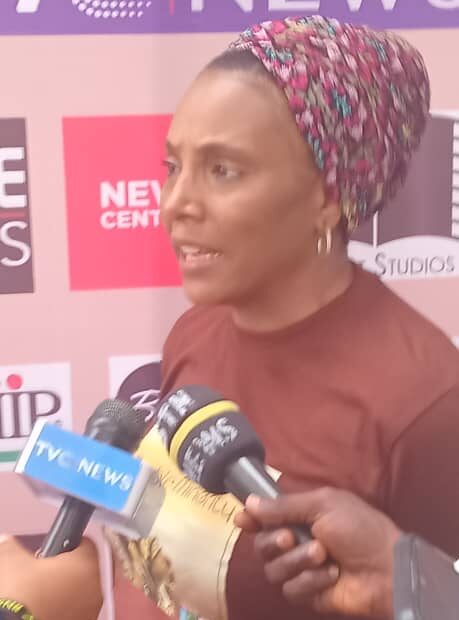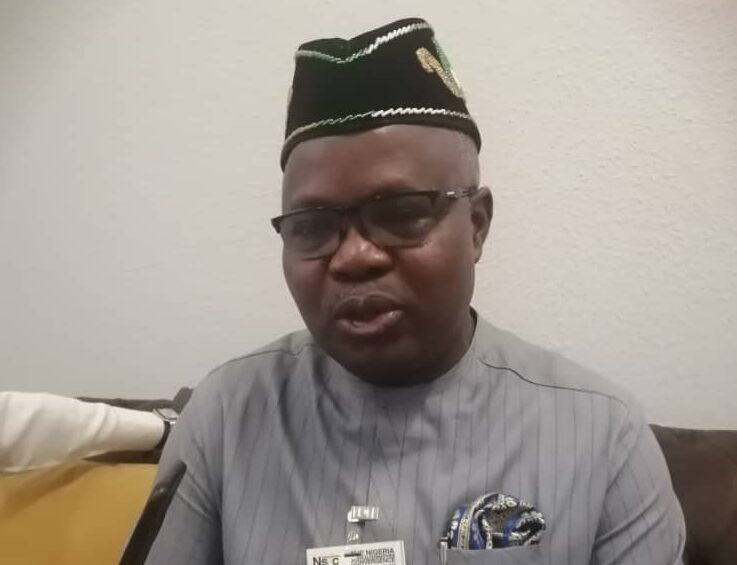By: Goodluck E. Adubazi, Abuja.
Nigeria has been ranked 179th out of 183 countries globally in terms of female representation in politics, according to a revelation made during the premiere of Double Minority, a new documentary screened on Monday, July 14, at the Musa Yar’adua Centre, Abuja.
The event, hosted by Daria Media and supported by the MacArthur Foundation, drew prominent voices advocating for increased political space for Nigerian women ahead of the 2027 general elections.
In a dire statistic seen as a wake-up call, Kadaria Ahmed, journalist and convener of the Double Minority documentary, expressed concern over Nigeria’s declining progress in women’s political participation.
“During President Goodluck Jonathan’s administration, women held about 33% of positions. That was still below the 35% affirmative action recommended by the National Gender Policy, but it was at least progress. Today, we’ve regressed. That’s unacceptable in a democracy,” she said.
Ahmed emphasized the importance of storytelling in reshaping public perception. “This documentary captures the journey of nine women who contested elections in 2003. We must create platforms to showcase these stories. Representation should reflect the diversity and demographics of our society.”
Voices from the Frontline at Double Minority Documentary
Aisha Adamu Augie, Director General of the Centre for Black and African Arts and Civilization (CBAAC), described the documentary as an important piece of historical documentation.
“As women, we need to be involved in decision-making. This film tells our stories, our history,” she said.
“At CBAAC, we’re working hard to reposition the agency as a key player in the creative and cultural economy, both in Africa and globally.”
Nana Sanni Kazaure, Director of Communications and Media for the Obidient Movement, lauded the documentary’s ambition and reach, urging for its widespread distribution beyond elite venues.
“I hope this conversation doesn’t end at the Yar’adua Centre. Let it go to homes, schools — let’s catch them young. We need to normalize discussions on women in leadership,” Kazaure said.
She also stressed that qualified women must actively compete for political offices.
“Women with capacity, credibility, and conscience must come forward. We are tired of political rascality. Let’s bring in capable women and see how Nigeria blossoms,” she added.
Panel Calls for Action Ahead of 2027
The event featured a panel session reflecting on the experiences of nine women who ran for office in the 2003 elections. The speakers discussed the challenges of contesting in a male-dominated political landscape and called for deliberate efforts to close the gender gap by 2027.
In the meantime, representatives of the Swiss High Commission in Nigeria shared similar sentiments during the Double Minority documentary screening, emphasizing the need for women’s participation in governance.
“Sustainable development and lasting peace are unattainable without the full and equal participation of all citizens, regardless of gender,” stated the Swiss High Commission to Nigeria.
Switzerland recognized that Nigeria’s political landscape remains fraught with gender-related challenges—including deeply rooted cultural and religious barriers, electoral violence, political exclusion, and systemic governance issues. These factors continue to hinder women’s full participation in politics.
As the “Giant of Africa,” Nigeria holds the potential to lead the continent in setting a standard for inclusive governance. However, despite numerous efforts over the years—including the introduction of the Gender and Equal Opportunity Bills during the 9th National Assembly—progress has remained limited, and tangible results are yet to materialize.
Fortunately, there is renewed momentum in the 10th National Assembly, particularly through the proposal of the Women’s Reserved Seat Bills. This measure aims to temporarily allocate seats to women for a period of sixteen years, serving as a structured approach to bridge the gender gap in political representation.
As a long-standing friend of Nigeria, Switzerland has supported efforts to address these disparities through the project: Promoting Effective Participation of Women in Governance and Combating Gender Violence in Nigeria. Funded by the Swiss Federal Department of Foreign Affairs, this initiative is being implemented by the Yar’Adua Foundation in partnership with Partners West Africa.
This intervention reflects a shared commitment to democratic values and human rights. Over the past two years, women aspiring to leadership positions have navigated complex political terrains, built strategic coalitions, and proven that leadership knows no gender.
Through targeted advocacy and capacity-building efforts, the initiative has not only fostered individual growth but also shifted political culture. Most importantly, it has demonstrated that when women are empowered to participate fully in governance, democracy itself is strengthened.
The screening served as a poignant reminder that the journey toward gender equality is far from over. The barriers highlighted in the documentary—both cultural and systemic—continue to exist, not only in Nigeria but across the globe. The women featured are more than individuals; they are trailblazers, clearing a path for future generations. Their resilience, their dedication to public service despite obstacles, and their unwavering belief in the possibility of change exemplify the spirit of democratic leadership.
Switzerland’s support for this initiative reflects its firm belief that democracy is not a fixed destination but a continuous journey toward greater inclusion, representation, and equity.
Organized by Daria Media and supported by the MacArthur Foundation, the premiere attracted a large turnout, especially among women determined to shift the political narrative in future elections.













